Table of Contents
- The Modern-Day Learner’s Challenges
- Information Overload: Drowning in a Sea of Data
- Multitasking Culture: Jack of All Trades, Master of None
- Shortened Attention Spans: Where Did My Focus Go?
- Social Media and Instant Gratification: The Need for Immediate Rewards
- Overcommitment and Burnout: Too Much on Their Plates
- Environmental and Sensory Overload: Too Many Stimuli
- Solutions for Improved Concentration
- Mindfulness and Meditation: Finding Your Zen Zone
- Digital Detox: Unplugging to Recharge
- Time Management Techniques: Mastering the Clock
- Creating Distraction-Free Environments: Zone of Zen
- Cultivating Healthy Learning Habits
- Regular Exercise and Healthy Lifestyle: Energize Your Brain
- Establishing Clear Goals and Rewards: The Power of Purpose
- Closing Thoughts
It is an open secret that many learners struggle with concentration amidst the constant barrage of notifications, emails, and memes.
The ability to concentrate is crucial for effective learning. Whether it's absorbing complex concepts in a lecture or tackling a hefty reading assignment, concentration lays the foundation for success.
However, in this era of smartphones and endless online distractions, maintaining focus has become a Herculean task for learners of all ages.
In this blog post, we'll delve into the challenges that learners face in maintaining concentration in the digital age. We'll also uncover practical solutions and strategies to help learners reclaim their focus and thrive in their educational journey.
The Modern-Day Learner’s Challenges
Here are some learner’s challenges;
Information Overload: Drowning in a Sea of Data
Imagine trying to drink from a firehose—it's overwhelming, right? Well, that's how learners often feel in the digital age, except the hose is filled with information. With a quick Google search, they can access an infinite well of knowledge.
But with great power comes great distraction. The constant influx of articles, videos, and tweets leaves them feeling like they are drowning in a sea of data, struggling to stay afloat.
Multitasking Culture: Jack of All Trades, Master of None
Raise your hand if you've ever tried to study while simultaneously checking emails, texting friends, and binge-watching cat videos. Guilty as charged. In today's fast-paced world, multitasking is glorified as a badge of honor.
But here's the harsh truth: it's a concentration killer. Instead of being a productivity superhero, multitasking actually fragments our attention, leading to decreased efficiency and poorer learning outcomes.
Shortened Attention Spans: Where Did My Focus Go?
Remember the good old days when goldfish were the poster children for short attention spans? Well, now humans are giving them a run for their money.
Thanks to smartphones and constant stimulation, our attention spans resemble that of, well, a goldfish.
Social Media and Instant Gratification: The Need for Immediate Rewards
Social media platforms are designed to be addictive, offering instant gratification through likes, comments, and shares. This constant need for immediate rewards can make it difficult for learners to engage in deep, sustained focus.
The dopamine rush from social media notifications often pulls attention away from important tasks, creating a cycle of distraction and reduced productivity.
Overcommitment and Burnout: Too Much on Their Plates
Students today often juggle numerous responsibilities, from academic coursework and extracurricular activities to part-time jobs and social commitments.
This overcommitment can lead to burnout, where the sheer volume of tasks becomes overwhelming. The mental and physical exhaustion from trying to do too much at once makes it challenging to maintain concentration and perform well in any single area.
Environmental and Sensory Overload: Too Many Stimuli
In addition to digital distractions, learners are frequently subjected to environmental and sensory overload. Noisy classrooms, bustling libraries, and even the constant hum of urban life can disrupt focus.
Sensory overload, where too many stimuli compete for attention, makes it hard for students to concentrate on their studies, leading to decreased academic performance and increased stress.
Solutions for Improved Concentration
Here are some possible solutions;
Mindfulness and Meditation: Finding Your Zen Zone
Mindfulness and meditation aren't just hippie mumbo-jumbo—they're powerful tools for sharpening focus. By practicing mindfulness, learners can train their brains to stay present and attentive, even in the midst of distractions.
Digital Detox: Unplugging to Recharge
Sometimes, the best way to boost concentration is to press the power button—on your devices, that is. A digital detox involves taking a break from screens and immersing yourself in the analog world.
Whether it's a weekend camping trip or a simple stroll in the park, disconnecting from technology allows learners to recharge their mental batteries and return to their studies with renewed focus.
Time Management Techniques: Mastering the Clock
Tick-tock, tick-tock—the clock is ticking, but your to-do list keeps growing. Sound familiar? Time management techniques can help learners take control of their schedules and make the most of their study sessions.
From the Pomodoro Technique to the Eisenhower Matrix, there's a time management method for every learner. By prioritizing tasks and setting deadlines, learners can minimize procrastination and maximize productivity.
Creating Distraction-Free Environments: Zone of Zen
Out of sight, out of mind—that's the mantra for creating distraction-free study environments. By minimizing visual and auditory distractions, learners can create a zone of zen where focus flourishes.
Whether it's turning off notifications, decluttering your workspace, or investing in noise-canceling headphones, there are countless ways to create a distraction-free haven for concentration.
Cultivating Healthy Learning Habits
Regular Exercise and Healthy Lifestyle: Energize Your Brain
Who knew that breaking a sweat could boost brainpower? Turns out, regular exercise isn't just good for your body—it's great for your mind too. Research suggests that physical activity stimulates the release of chemicals in the brain that enhance mood and cognition.
By incorporating exercise into their daily routines, learners can energize their brains and improve their ability to concentrate.
Establishing Clear Goals and Rewards: The Power of Purpose
Why are you studying? What do you hope to achieve? By setting clear goals and rewards, learners can inject purpose into their studies and stay motivated when the going gets tough.
Whether it's earning a high score on a test or mastering a difficult concept, having a clear goal in mind gives students something to strive for. And when they reach that goal? Cue the celebration! Rewards such as a movie night or a sweet treat provide positive reinforcement and encourage continued effort.
Closing Thoughts
Throughout this journey, we've explored the myriad challenges that hinder concentration in the digital age, from information overload to shortened attention spans. But fear not, dear readers, for where there are challenges, there are also solutions.
By embracing mindfulness, unplugging from technology, mastering time management, and creating distraction-free environments, learners can reclaim their focus and unlock their full potential.
With the right strategies and a sprinkle of determination, you can sharpen your concentration and soar to new heights in your educational journey. Remember, the power to concentrate is within you—now go forth and conquer the digital age with unwavering focus!







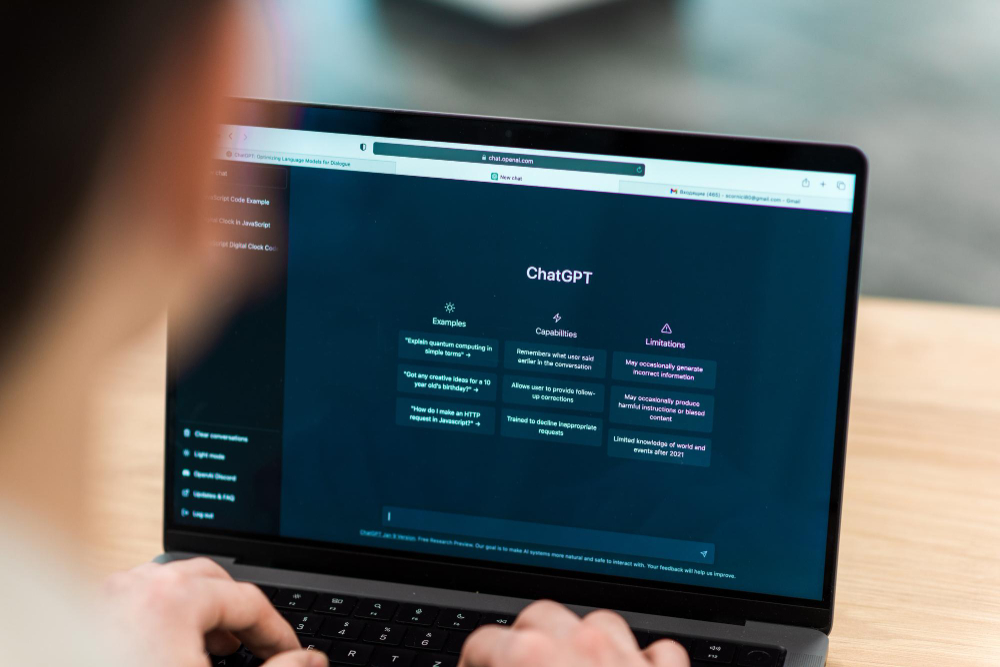





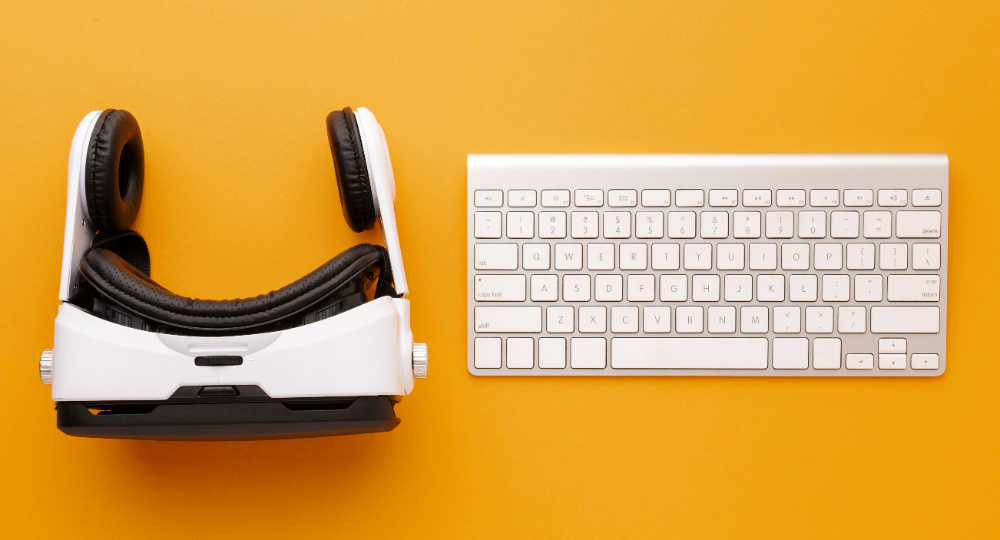
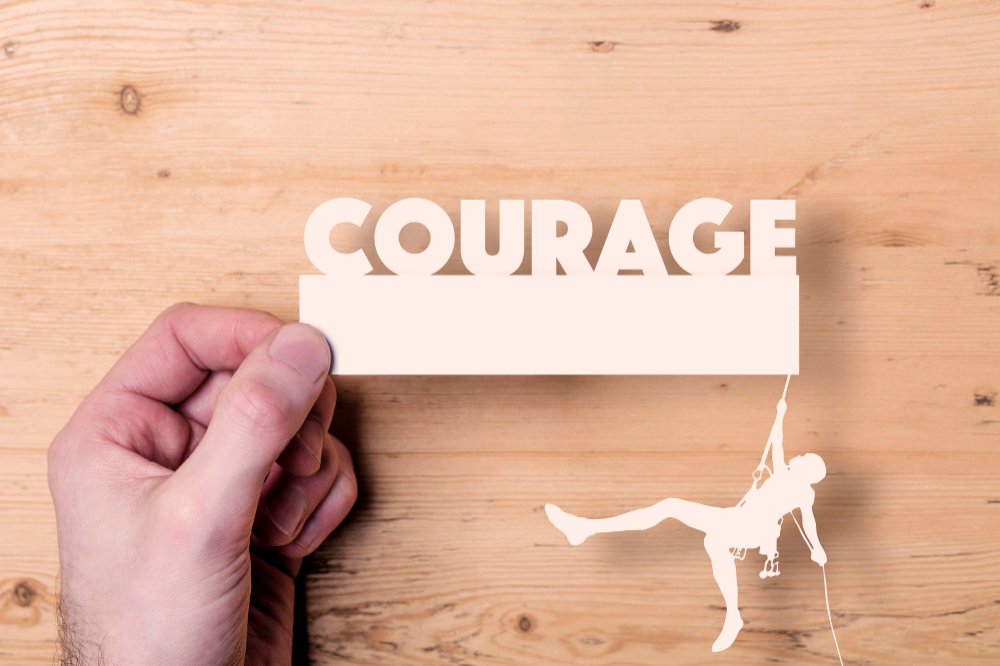

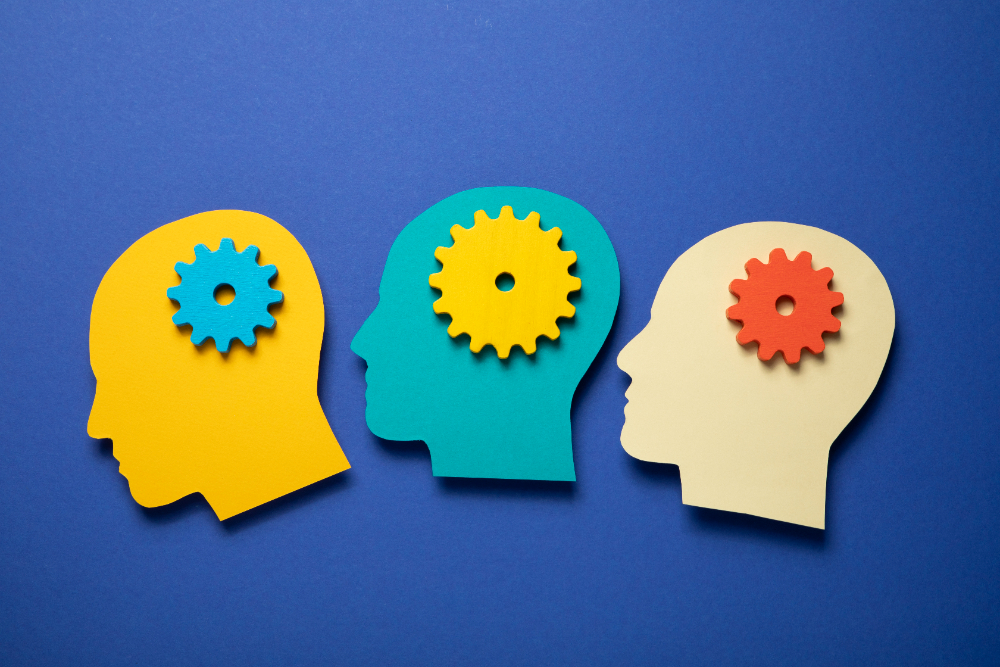
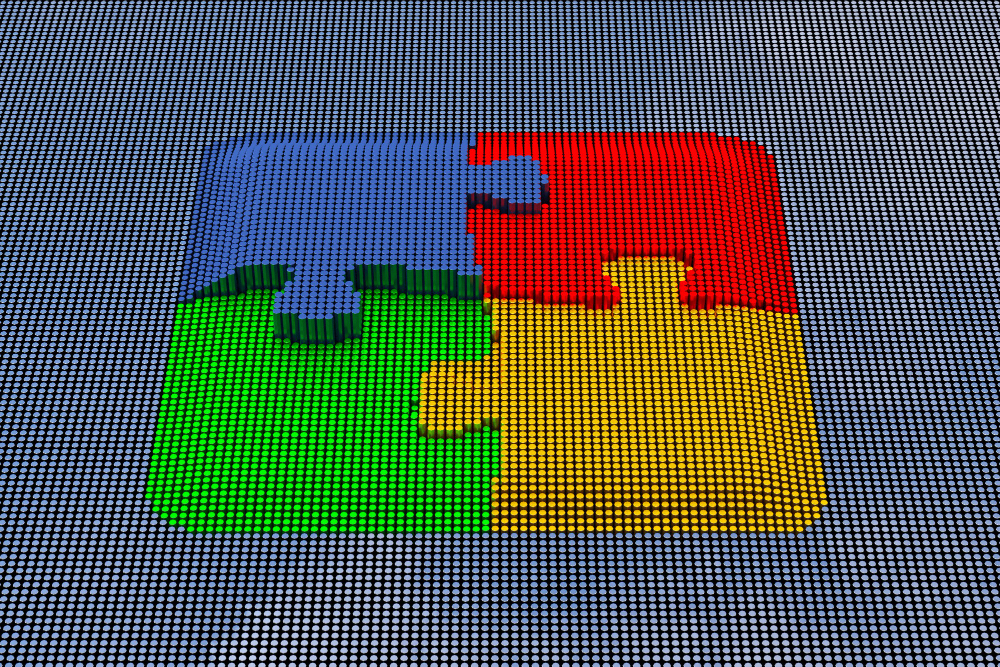





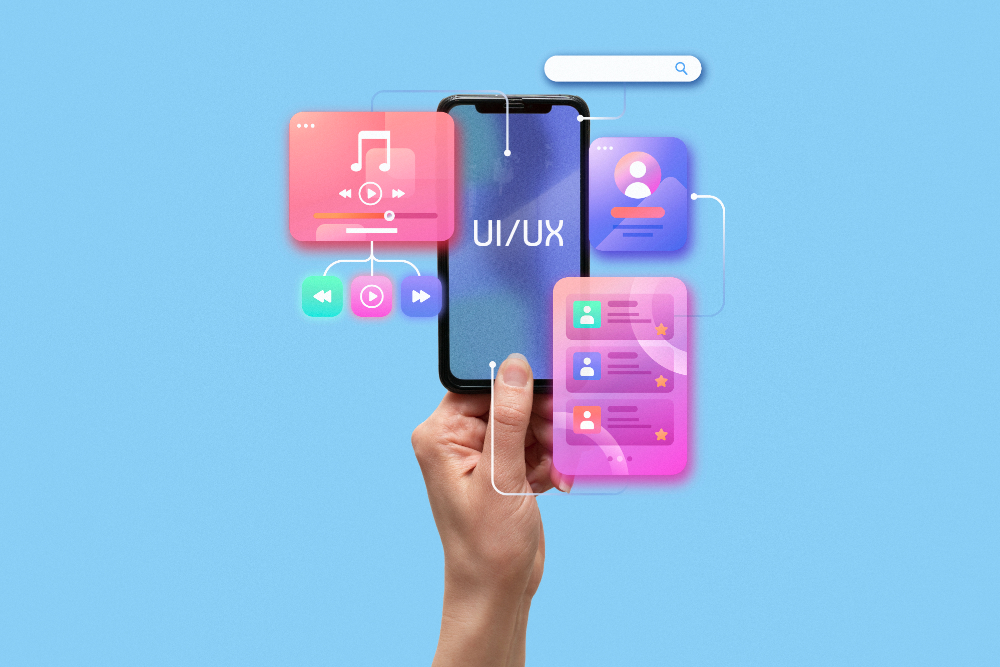

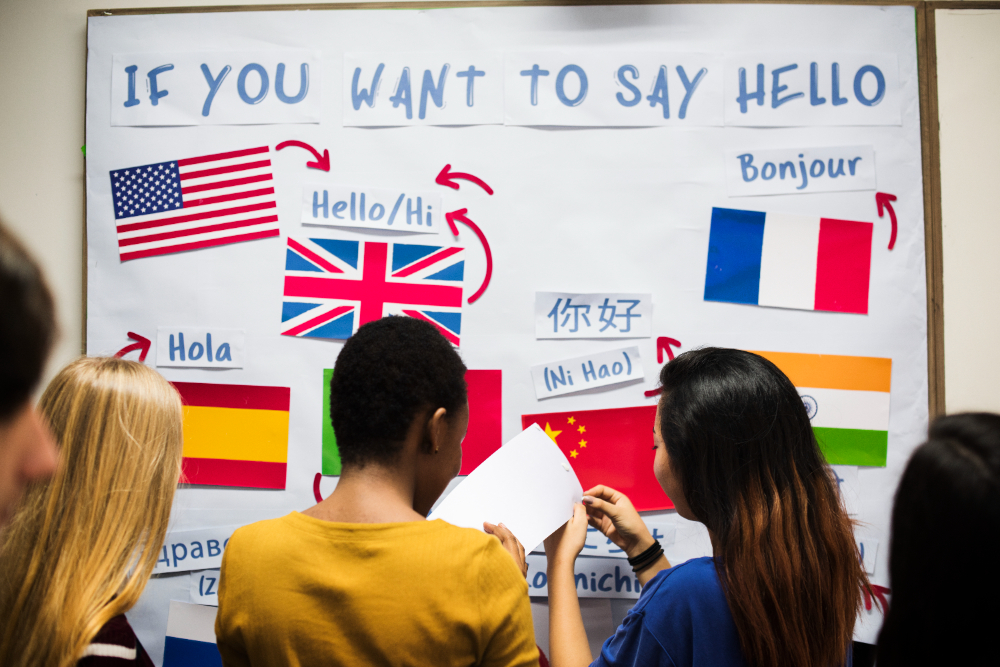

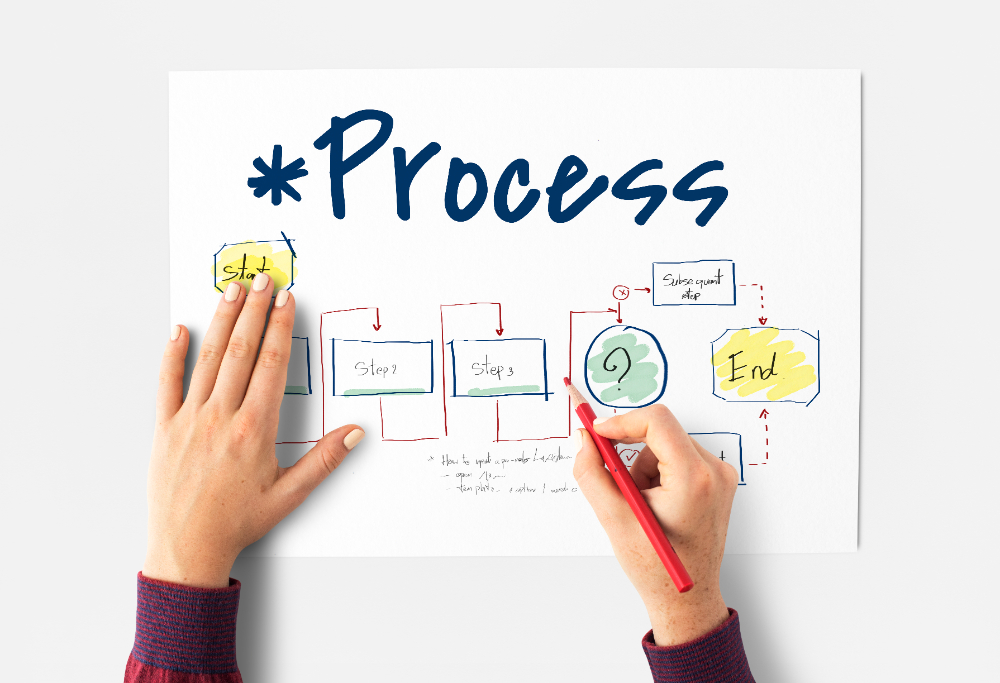


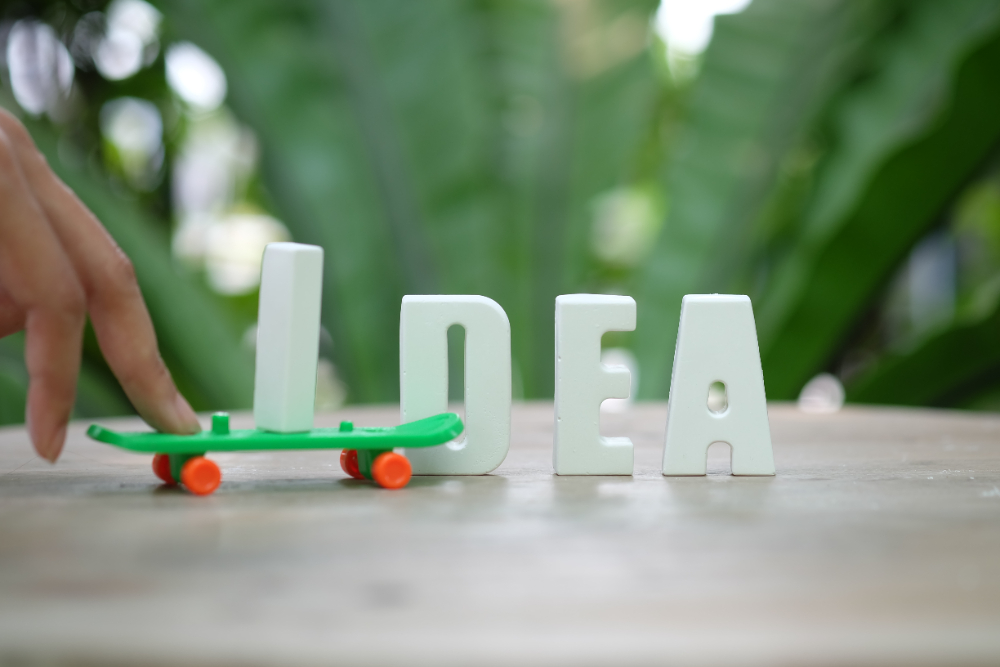
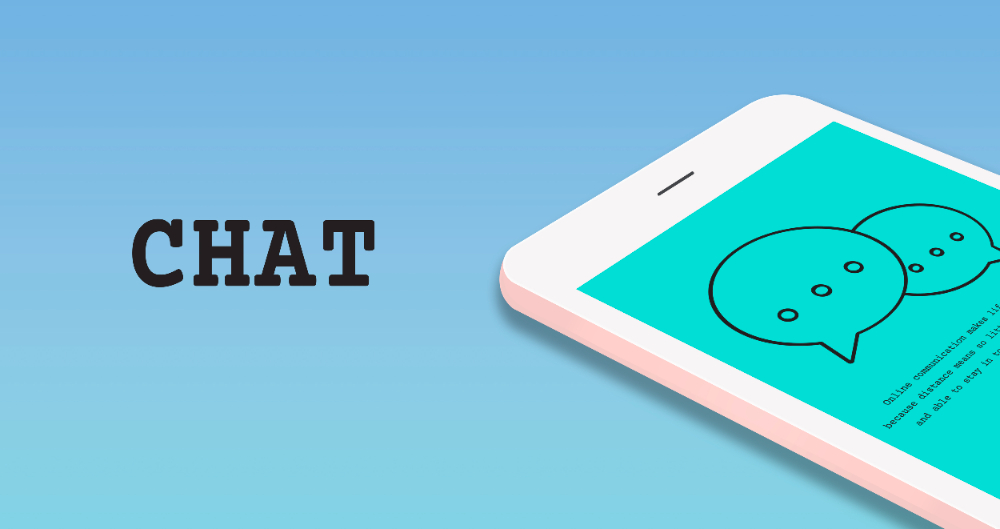
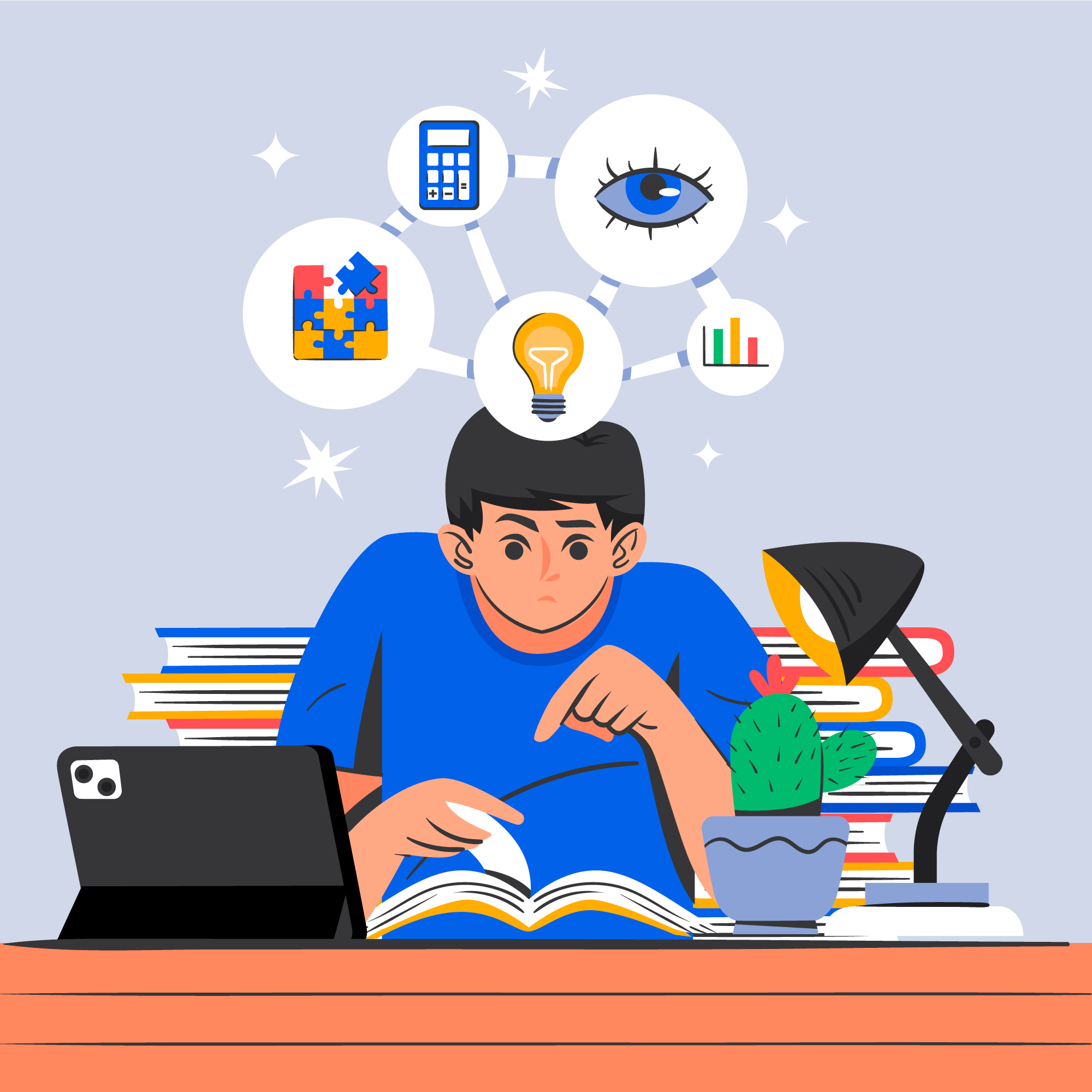
[…] overload can make everyday tasks hard. Digital distractions can also hurt teamwork and productivity at work, leading to […]